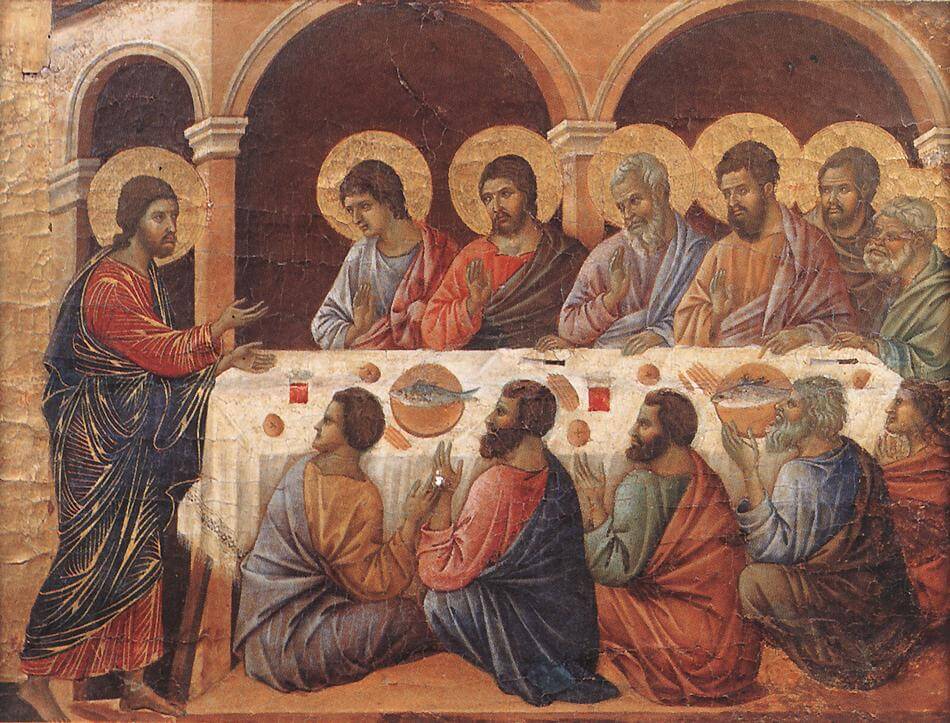In my recent book The Fate of The Apostles, I discuss the historical evidence that the apostles of Jesus were all willing to suffer and die for their belief that they had seen the risen Jesus. Yet as soon as this argument is made, a common objection is: “But Christians wrote the martyrdom accounts? How can we trust them?” This is a fair question that warrants consideration.
First, there is at least one non-Christian account in the first century. Josephus provides an account of the death of James the brother of Jesus.(1) Unlike the Testimonium Flavianum, this passage is largely undisputed. While the execution of James is included in a broader section about the priesthood of Albinus, James was stoned as a “lawbreaker,” which suggests he was condemned for blasphemy and his Christological allegiances. While this is the only positive, early evidence from non-Christian sources, it is important to note that there are no secular sources competing with the Christian account regarding the fate of these men. No early non-Christian sources accuse the apostles of either being liars or recanting their faith. The unanimous testimony is that the apostles were willing to suffer and die for their faith, and some of them actually did.
The unanimous testimony is that the apostles were willing to suffer and die for their faith, and some of them actually did.
Additionally, a few Gnostic sources attest to the fate of some of the apostles. For instance, in the case of Peter, this includes the (Coptic) Apocalypse of Peter and the Apocryphon of James. As for James the brother of Jesus, the First Apocalypse of James and the Second Apocalypse of James are Gnostic sources that attest to his execution.
Nevertheless, the majority of sources that report the deaths of the apostles are in fact Christian, but is this reason to dismiss them wholeheartedly? This is essentially a charge that Christian writers are biased and either unwilling or incapable of reporting truth. N. T Wright offers an important qualification regarding bias: “It must be asserted most strongly that to discover that a particular writer has a “bias” tells us nothing whatever about the value of the information he or she presents. It merely bids us be aware of the bias (and of our own, for that matter), and to assess the material according to as many sources as we can.”(2)
“It must be asserted most strongly that to discover that a particular writer has a “bias” tells us nothing whatever about the value of the information he or she presents. It merely bids us be aware of the bias (and of our own, for that matter), and to assess the material according to as many sources as we can.”
There is no doubt that some of the traditions surrounding the martyrdom of the apostles are pure hagiography (i.e., idolizing biography). Many of the accounts in the Apocryphal Acts, for instance, are clearly fabricated, and some local legends may have developed for political reasons.
Still, many of the earliest accounts of the fates of some of the apostles have the ring of authenticity. For instance, the brevity of the account of the death of James the son of Zebedee counts in favor of its reliability (Acts 12:2). And the apostolic fathers often mention the deaths of Peter and Paul incidentally, as if their fates were common knowledge.(3) They did not aim to establish them as martyrs or add flowery details to their deaths. Rather, they simply make reference to their fates as if it is a matter of common knowledge with their audience and report the details in a sober manner.
My goal in the book is to separate fact from fiction.
The majority of witnesses to the fates of the apostles are in fact Christians. But as seen, not all witnesses are equal in the ability and willingness to present the truth. Sources for the martyrdom accounts cannot simply be dismissed because they came from Christians—a classic example of the genetic fallacy—but must be judged on their own individual merit as with any other historical source.
This is exactly what I aim to do in The Fate of the Apostles. My goal in the book is to separate fact from fiction. While this is sometimes not an easy task, a strong case can still be made that the apostles were all willing to suffer and die for their belief that Jesus rose from the dead—even if the primary witnesses are Christians.
Go Deeper:
- What Would it Take for Me to Become an Atheist?
- Everyone has a Worldview, What’s Yours? (video quiz)
- Is there good historical evidence for the resurrection?
1. Josephus, Antiquities of the Jews 20.197-203.
2. N. T. Wright, The New Testament and the People of God (Minneapolis: Augsburg, 1992), 89.
3. e.g., Ignatius, Letter to the Smyrneans 3:1-2; Clement of Rome, First Clement 5:1-4.
